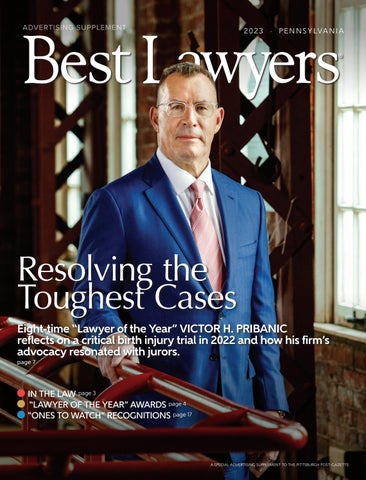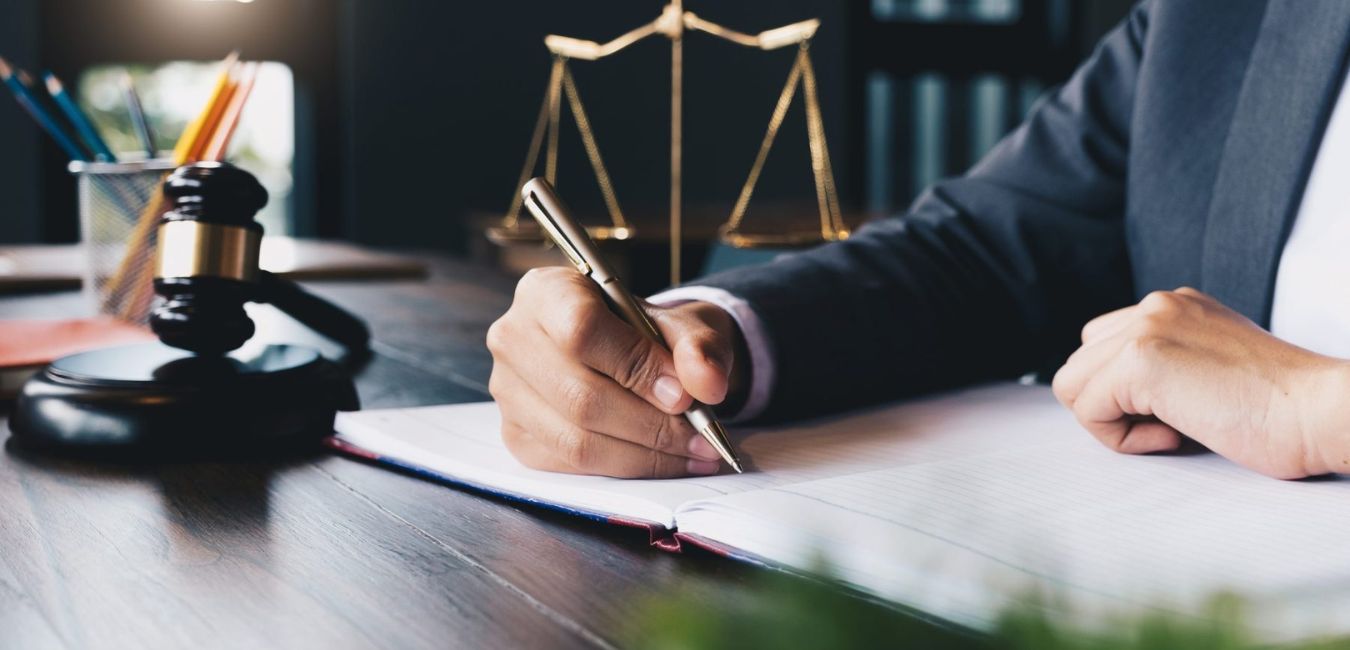Dealing with the Aftermath of a Car Accident: A Comprehensive Guide
Being involved in a car accident can be a frightening and overwhelming experience. In the aftermath of such an event, it’s crucial to remain calm and collected. This article will provide a comprehensive guide on how to deal with a car accident, from assessing the situation to seeking medical attention and filing insurance claims.
Stay Calm and Assess the Situation
After an accident, it’s natural to feel shaken and disoriented. However, it’s essential to stay composed and gather your bearings. Firstly, check for injuries to yourself and any other occupants of your vehicle. If you suspect any injuries, no matter how minor, seek medical attention immediately. Secondly, look around for potential hazards such as leaking fluids, downed power lines, or damaged vehicles. If you feel unsafe, move your car to a safe location, but be mindful not to obstruct traffic.
Once you’ve checked for injuries and hazards, it’s time to assess the damage to your vehicle. Note any dents, scratches, or broken parts. If possible, take pictures of the damage to document it for insurance purposes.
Remember, staying calm and assessing the situation will help you make informed decisions and ensure the safety of everyone involved.
After being involved in a car accident, it’s natural to feel shaken and overwhelmed. The situation can be even more stressful if you’re unsure of what to do next. To help you navigate this challenging time, we’ve put together a comprehensive guide on how to deal with a car accident.
Exchange Information and Contact Authorities
Immediately after the accident, it’s crucial to exchange personal details, insurance information, and contact numbers with the other driver(s) involved. This information will be essential for filing insurance claims and reporting the accident to the police. Once you’ve exchanged information, call the police to report the accident. They will investigate the scene, take statements from the drivers involved, and file an official accident report. This report will serve as a valuable record of what happened.
If the accident is serious or if there are injuries, it’s important to seek medical attention immediately. Don’t hesitate to call 911 if you or anyone else involved in the accident needs medical assistance.
After exchanging information and contacting the authorities, you’ll need to take steps to protect your rights and interests. This may involve contacting your insurance company, hiring a lawyer, or seeking compensation for any damages you’ve sustained. By following these steps, you can help ensure that you’re treated fairly and that you receive the compensation you deserve.
Dealing with a car accident can be a stressful and challenging experience. By following these steps, you can help ensure that your rights are protected and that you receive the compensation you deserve.
How to Deal with a Car Accident: A Comprehensive Guide
The aftermath of a car accident can be overwhelming and stressful. Amidst the chaos, it’s crucial to stay composed and prioritize your safety. Here’s a step-by-step guide to help you navigate this challenging situation:
Document the Evidence
Documenting the accident’s details is essential for insurance purposes and potential legal proceedings. Immediately take photos of the damage to your vehicle, the surrounding scene, and any visible injuries. Note down the details of any witnesses present, including their names, contact information, and accounts of what they saw. Ensure you document the time, location, and weather conditions at the time of the accident.
Consider using a smartphone app or a dedicated camera to capture clear and detailed images. If you have a dashcam, be sure to retrieve the footage as it can provide valuable evidence of the incident.
Thoroughly documenting the accident will support your insurance claim, strengthen your case in the event of a legal dispute, and provide a comprehensive record of the events that transpired.
How to Deal with a Car Accident
Experiencing a car accident can be a jarring and disorienting event, leaving you feeling overwhelmed and uncertain. Navigating the aftermath of a collision requires a clear head and decisive action. Follow these steps to ensure your safety, protect your rights, and minimize the stress associated with a car accident.
1. Stay Calm and Check for Injuries
In the immediate aftermath of a car accident, it’s easy to panic. Take a deep breath and stay as calm as possible. Check yourself and any passengers for injuries. If anyone is hurt, call 911 immediately.
2. Contact the Police
No matter how minor the accident may seem, always contact the police. They will create an accident report that will document the incident and provide valuable information for insurance claims.
3. Exchange Information
Once the police arrive, exchange information with all other drivers involved in the accident. This includes:
- Names
- Addresses
- Phone numbers
- Insurance companies
- License plate numbers
4. Gather Evidence
Preserving evidence can be crucial in the event of a dispute or insurance claim. Take the following steps:
- Take pictures: Document the damage to both vehicles and the scene of the accident from multiple angles.
- Get witness statements: If there are any witnesses, obtain their names and contact information.
- Record details: Jot down everything you can remember about the accident, including the location, time, and weather conditions.
- Preserve damaged property: Do not discard any damaged belongings until you have had them documented by the police or your insurance company.
5. Seek Medical Attention
Even if you don’t feel injured immediately, seek medical attention to rule out any underlying or delayed symptoms. Whiplash, concussions, and other internal injuries may not present themselves right away.
6. Report the Accident to Your Insurance Company
Notify your insurance company as soon as possible. Be honest and detailed in your account of the accident. Provide them with all the information and evidence you have gathered.
7. Protect Your Rights
Consider hiring an attorney if you suspect foul play or if there is a significant dispute over who was at fault. An attorney can help you navigate the legal process and ensure your rights are protected.
8. Take Care of Yourself
After a car accident, it’s important to take care of yourself both physically and emotionally. Rest, eat healthily, and seek support from loved ones. Remember, it’s normal to experience anxiety or stress after an accident. If necessary, consult with a therapist to process your emotions and cope with the trauma.
Navigating the aftermath of a car accident can be a daunting experience, especially when you’re facing injuries, property damage, and potential legal hassles. However, by following a few key steps, you can help protect your rights and interests while ensuring a smooth recovery.
1. Ensure Your Safety
The first and foremost priority is your safety. If you’re able, move your vehicle to a safe location off the road. Turn on your hazard lights to alert other drivers and pedestrians. Check for any injuries and seek medical attention immediately if needed. If possible, take photos of the accident scene for documentation purposes.
2. Exchange Information
Once you’re safe, exchange contact and insurance information with the other driver(s) involved. Be polite and respectful, even if tempers are running high. Write down their name, address, phone number, insurance company, and policy number. Obtain the make, model, and license plate numbers of their vehicles as well.
3. Contact the Police
Filing a police report is essential for documenting the accident. Call 911 or the local police department and provide them with the details of the incident. The police report will serve as an official record of what happened and can be helpful for insurance and legal purposes.
4. Contact Your Insurance Company
Notify your insurance company promptly and provide them with all the necessary details and documentation. This includes the accident report, photos of the scene, and any medical records. Your insurance company will guide you through the claims process and help you get the compensation you’re entitled to.
5. Get Medical Attention
Even if you don’t feel any pain immediately after the accident, it’s crucial to seek medical attention. Some injuries, such as whiplash, may take days or weeks to manifest. A doctor can examine you, determine the extent of your injuries, and provide appropriate treatment. You may need to follow up with your healthcare provider to monitor your progress and ensure a full recovery.
Keep in mind that insurance companies are notorious for downplaying the severity of injuries. Don’t let them pressure you into accepting a settlement that doesn’t cover your medical expenses and other losses. If you’re not getting the compensation you deserve, consider consulting with an attorney who specializes in personal injury cases.
Remember, the most important thing after a car accident is to prioritize your health and well-being. By taking the necessary steps and seeking professional assistance, you can navigate the aftermath of the accident with confidence and minimize the stress and hassle involved.
How to Deal With a Car Accident
It can be a harrowing experience to be involved in a car accident. In the aftermath of such a traumatic event, knowing exactly what to do can be a challenge. However, by following these steps, you can protect yourself, your rights, and your well-being.
Stay Calm and Composed
In the moments following an accident, it’s natural to feel overwhelmed and shaken. However, it’s crucial to remain as calm and collected as possible. This will enable you to think clearly and take the necessary steps to protect yourself and others.
Check for Injuries
First and foremost, check yourself and your passengers for any injuries. If anyone is hurt, call for medical attention immediately. Even if you don’t feel any pain initially, it’s essential to get checked out as some injuries may take time to manifest.
Move to Safety
If possible, move your car to a safe location. This will prevent further accidents and allow you to exchange information with the other driver(s) in a safe environment.
Call the Police
Calling the police is essential, especially if there are injuries or significant damage. The police report will serve as an official record of the accident and can be invaluable in the event of an insurance claim or legal proceedings.
Exchange Information
Once you’re safe and have called the police, exchange the following information with the other driver(s): name, address, phone number, insurance company, policy number, and license plate number. Never admit fault or sign any documents until you’ve had a chance to speak with your insurance company or a legal professional.
Document the Scene
Take pictures of the accident scene, including the damage to both vehicles, any visible injuries, and the surrounding area. These photos will serve as valuable evidence and can help support your insurance claim or legal case.
Report the Accident to Your Insurance Company
Report the accident to your insurance company as soon as possible. They will guide you through the claims process and provide you with the necessary support.
Get Legal Advice (Optional)
If you’ve sustained serious injuries or the other driver is disputing fault, consider consulting with an attorney. They can help you protect your rights, negotiate with the insurance companies, and represent you in court if necessary.
Take Care of Yourself
After a car accident, it’s crucial to prioritize your physical and mental health. Rest, seek medical attention if needed, and practice self-care to cope with the stress and trauma of the event.
How to Deal With a Car Accident: A Comprehensive Guide
Getting into a car accident is a stressful and often traumatic experience. Whether you’re the victim or at fault, knowing what steps to take can help you minimize the impact on your life. Here’s a detailed guide to navigating the aftermath of a car accident.
At the Scene
- Stay calm and assess the situation: First and foremost, try to remain calm and assess the situation. Check for injuries to yourself and others. If anyone is hurt, call 911 immediately.
- Call the police: Reporting the accident to the police is crucial for insurance purposes and to document the incident.
- Exchange information: Get the other driver’s name, contact information, insurance details, and license plate number.
- Take photos: Take pictures of the damage to your vehicle, any injuries, and the accident scene.
- Get witness statements: If there were any witnesses, get their names and contact information.
Reporting the Claim
- Notify your insurance company: Report the accident to your insurance company as soon as possible. They will guide you through the claims process.
- Keep track of expenses: Keep receipts for all medical bills, expenses related to vehicle damage, and other costs incurred as a result of the accident.
Follow Up and Settle Claims
Follow Up and Settle Claims
Dealing with insurance companies can be a lengthy and complex process. Here’s how to navigate it successfully:
- Cooperate with your insurance company: Provide them with all necessary documentation and information. Attend any medical examinations or assessments requested by the insurer.
- Negotiate the settlement: Once you have submitted your claim, the insurance company will make an offer for a settlement. You can negotiate the amount if you feel it’s inadequate.
- Consider hiring a lawyer: If you’re having trouble negotiating or feel that the insurance company is not treating you fairly, you may want to consider hiring an attorney.
- Protect your rights: Don’t sign any documents or accept any settlement agreements without fully understanding your rights.
- Be persistent: The claims process can take time, so be patient and don’t give up. Follow up regularly with your insurance company to check on the status of your claim.




Leave a Reply